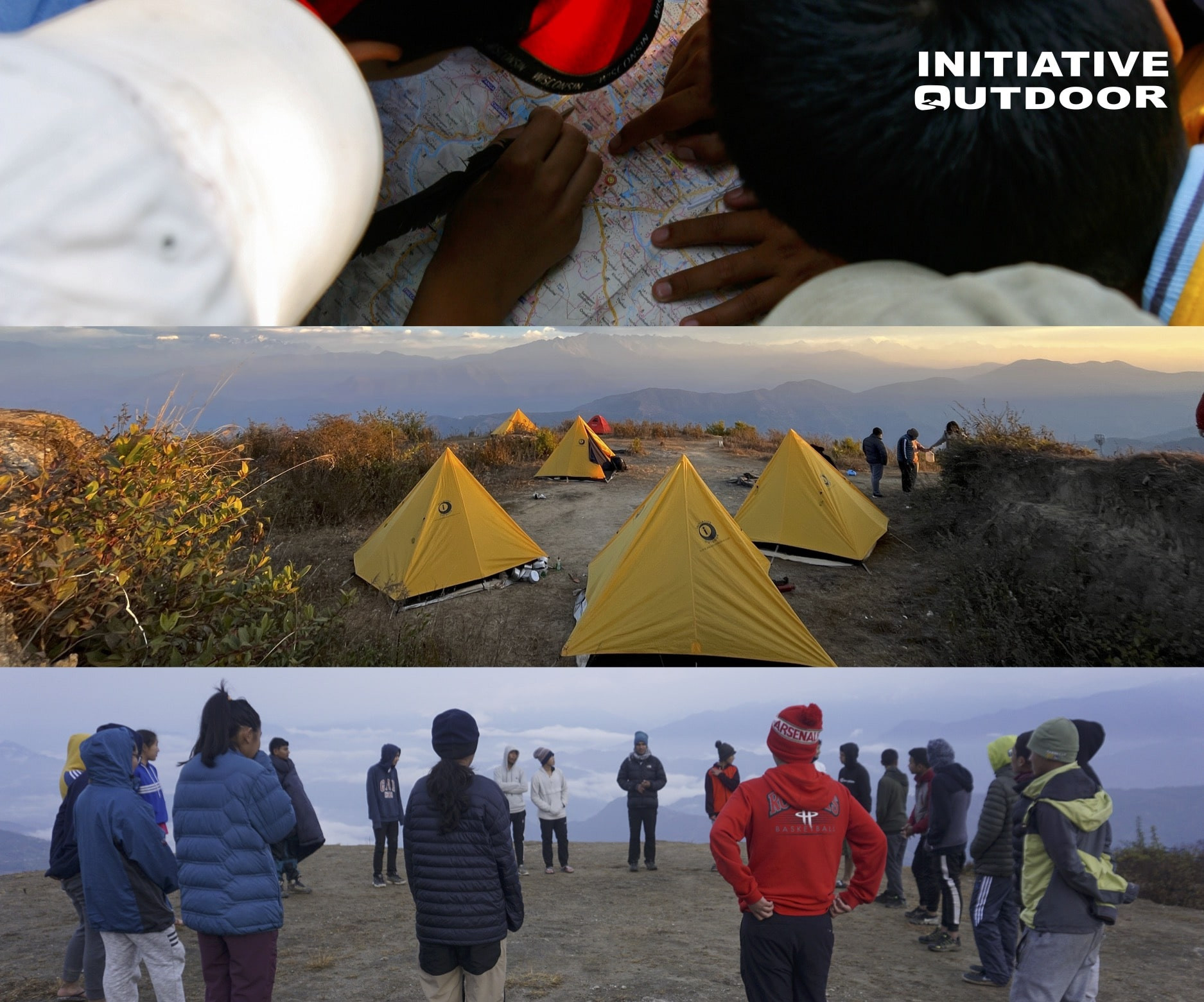The Importance of Outdoor Education in Nepal

The Importance of Outdoor Education in Nepal
Outdoor education has been gaining popularity worldwide for its numerous benefits, and Nepal is no exception. As a country blessed with diverse landscapes, rich cultural heritage, and abundant natural resources, Nepal is uniquely positioned to leverage outdoor education for the holistic development of its citizens. Here are several reasons why outdoor education is so important in Nepal.
Photo by Nishan
1. Fostering Environmental Stewardship
Nepal's stunning natural beauty, from the towering Himalayas to lush forests and flowing rivers, makes it a prime location for fostering a deep appreciation and respect for the environment. Outdoor education immerses students in these natural settings, helping them understand the delicate balance of ecosystems and the importance of conservation. This hands-on experience is crucial in cultivating environmental stewardship among the younger generation, who will become the future guardians of Nepal's natural heritage.
2. Enhancing Physical and Mental Health
Engaging in outdoor activities promotes physical fitness and mental well-being. Nepalese students often face the pressures of academic achievement and social expectations. Outdoor education provides a much-needed break, encouraging physical activity through hiking, climbing, and other adventure sports. These activities not only improve physical health but also reduce stress, enhance mood, and boost overall mental health.
3. Developing Practical Skills
Outdoor education programs in Nepal focus on teaching practical life skills such as teamwork, leadership, problem-solving, and resilience. Activities like trekking, camping, and navigating through challenging terrains require students to work together, think critically, and adapt to changing circumstances. These skills are transferable to everyday life and essential for personal and professional success.
4. Cultural Awareness and Community Engagement
Nepal is a melting pot of cultures, languages, and traditions. Outdoor education often involves interactions with local communities, providing students with a deeper understanding of their own cultural heritage and the diverse cultural tapestry of Nepal. These experiences foster empathy, respect, and a sense of community, bridging gaps between different societal groups and promoting social cohesion.
5. Promoting Sustainable Tourism
Nepal's economy significantly relies on tourism, especially eco-tourism and adventure tourism. Outdoor education can play a pivotal role in promoting sustainable tourism practices. By educating students about the principles of responsible tourism, such as minimizing environmental impact and supporting local economies, outdoor education helps create a generation of mindful travelers and tourism professionals who prioritize sustainability.
6. Encouraging Innovation and Entrepreneurship
Outdoor education can inspire innovation and entrepreneurship by exposing students to the challenges and opportunities present in rural and natural settings. For instance, understanding the environmental issues facing Nepal can motivate students to develop sustainable solutions, such as eco-friendly products or services that benefit both the environment and local communities. This entrepreneurial spirit is vital for Nepal's economic development and resilience.
7. Building Resilience and Adaptability
Nepal is prone to natural disasters like earthquakes, floods, and landslides. Outdoor education can prepare students to handle such emergencies by teaching them survival skills, first aid, and disaster preparedness. Building resilience and adaptability through outdoor education ensures that individuals are better equipped to cope with and recover from adverse situations, contributing to the overall resilience of the community.
8. Connecting Education to Real-World Experiences
Traditional classroom education often falls short in connecting theoretical knowledge to real-world applications. Outdoor education bridges this gap by providing experiential learning opportunities that complement academic studies. For example, lessons on biodiversity and ecology are much more impactful when students can observe wildlife and plant species in their natural habitats.
9. Supporting National Development Goals
Outdoor education aligns with several national development goals of Nepal, including improving education quality, promoting health and well-being, fostering environmental sustainability, and enhancing economic opportunities. By integrating outdoor education into the national curriculum, Nepal can make significant strides toward achieving these goals, ultimately contributing to the nation's progress and prosperity.
10. Inspiring a Love for Learning
Outdoor education ignites curiosity and a love for learning by making education engaging and enjoyable. The excitement of exploring nature, the thrill of adventure, and the joy of discovering new things can inspire students to become lifelong learners. This passion for learning is essential for personal growth and the continuous development of skills and knowledge.
Conclusion
Incorporating outdoor education into Nepal's educational framework is not just beneficial but essential for the holistic development of its citizens. By fostering environmental stewardship, enhancing physical and mental health, developing practical skills, promoting cultural awareness, and supporting sustainable tourism, outdoor education can play a transformative role in shaping a brighter future for Nepal. As Nepal continues to embrace outdoor education, it will undoubtedly see positive impacts on its people, environment, and economy.

